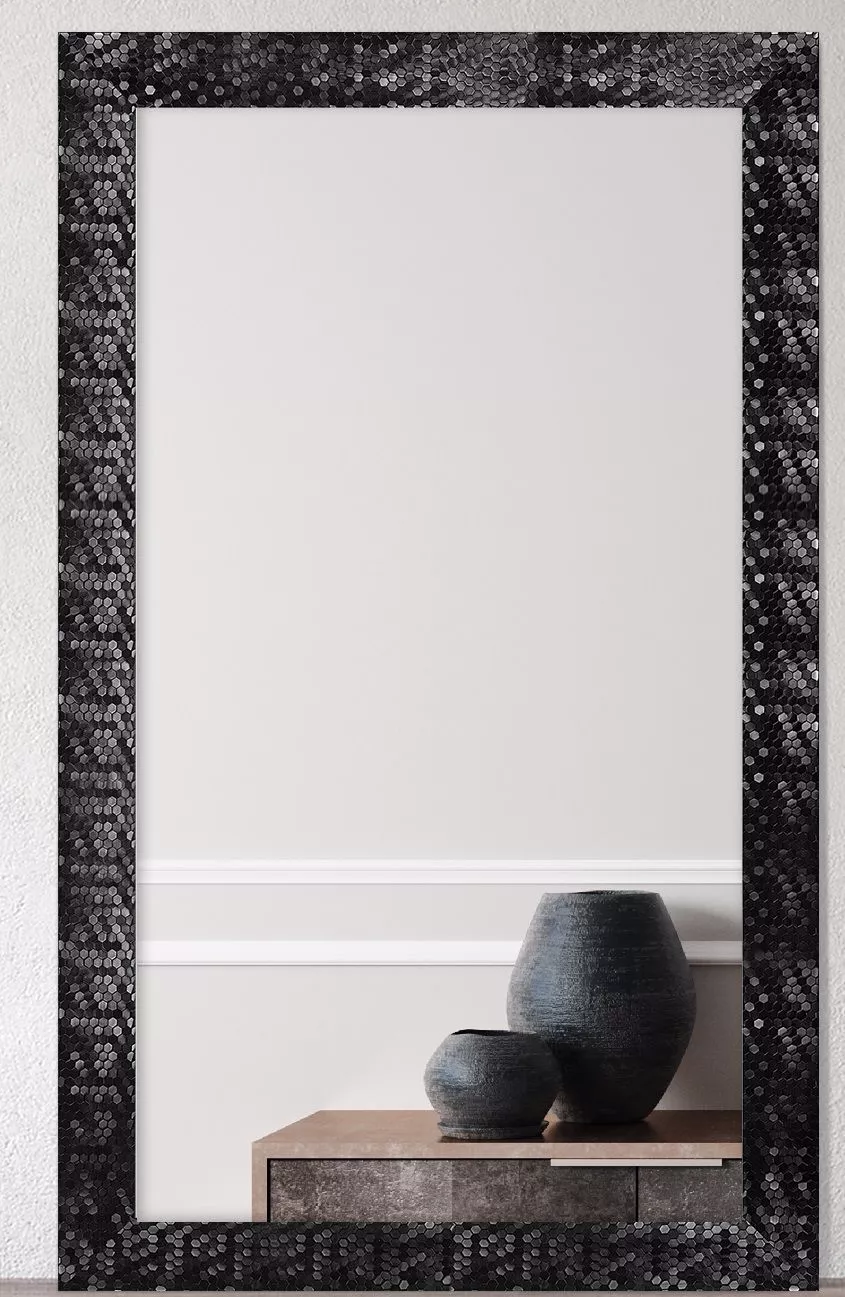
DekoArte - Set di 3 specchio da parete con cornice vintage nera e dorata - Decorazione murale. | Leroy Merlin

CVC- Specchio da Parete, Cornice Nera, Dettaglio Palme rintagliate. Estate Dimensione 120x82 cm. Made in Italy : Amazon.it: Casa e cucina

Ipswich Specchio da parete | rettangolare | Formato orizzontale o verticale | Dimensioni: 53 x 42 x 3,5 cm | Cornice in legno massiccio | Stile barocco | Sfaccettatura Nero

Specchio rettangolare da parete illuminato, specchiera con LED con cornice profonda nera, specchio nero luminoso e moderno con cornice, 100x75x13 cm | Leroy Merlin

Specchio rettangolare da parete illuminato, specchiera con LED con cornice profonda nera, specchio nero luminoso e moderno con cornice, 100x75x13 cm | Leroy Merlin

ELE-STOU-0063B - Specchio da parete asimmetrico per arredamento, 27 "* 35", moderno specchio da parete con cornice nera per soggiorno, bagno, camera da letto, ingresso : Amazon.it: Casa e cucina
![en.casa] Specchio da Porta 120 x 40 cm Specchio da Parete a Figura Intera - Forma Rettangolare, Fissaggio Verticale - Cornice Nera - en.casa - Idee regalo | IBS en.casa] Specchio da Porta 120 x 40 cm Specchio da Parete a Figura Intera - Forma Rettangolare, Fissaggio Verticale - Cornice Nera - en.casa - Idee regalo | IBS](https://www.ibs.it/images/4059438680052_0_0_536_0_75.jpg)



















